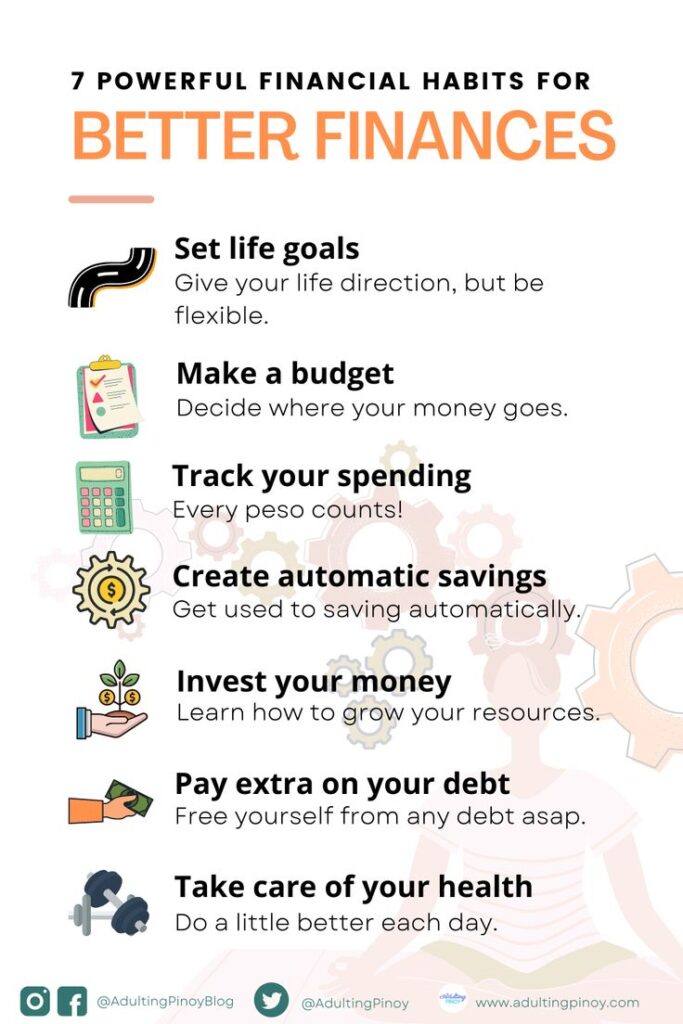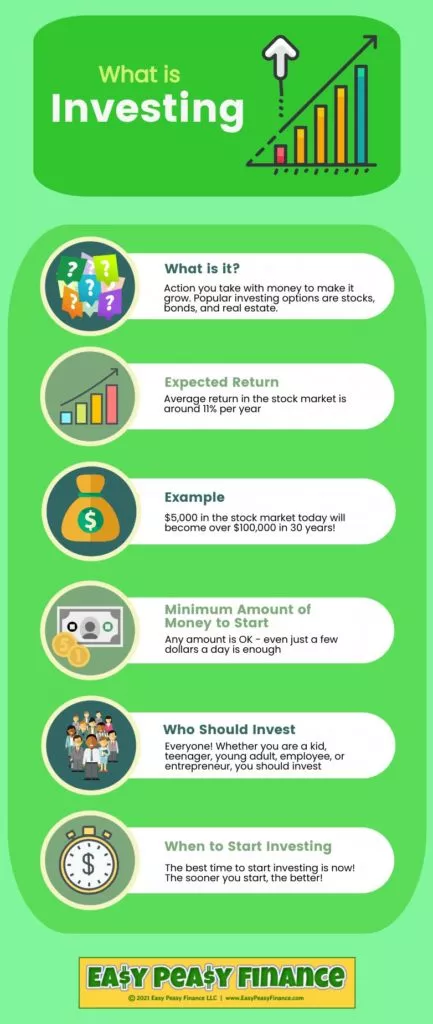
10 Habits That Keep Middle-Class People Financially Stuck: Navigating the world of personal finance can often feel like a game with constantly changing rules. Many people find themselves stuck in a cycle of living paycheck to paycheck, unsure of how to break free. Unfortunately, certain habits can trap middle-class individuals in financial struggle. These habits might not seem like a big deal in the moment, but over time, they can significantly affect your ability to build wealth. Financial experts agree that breaking these habits is key to achieving financial freedom. In this article, we will explore 10 common habits that keep middle-class individuals financially stuck, along with practical advice on how to break free from them. Whether you are just starting to learn about finances or already have some experience, the information in this guide will help you make smarter financial decisions.
10 Habits That Keep Middle-Class People Financially Stuck
Middle-class individuals often find themselves stuck in a cycle of financial struggle due to habits that keep them from building wealth. Whether it’s living beyond their means, neglecting financial education, or avoiding investments, these habits can significantly hinder financial progress. By recognizing these habits and taking steps to break free, you can begin to take control of your finances and build a secure financial future.
| Habit | Impact | Solution |
|---|---|---|
| Living Beyond Your Means | Leads to debt, poor savings, and financial insecurity | Create a budget and stick to it; prioritize savings |
| Neglecting Financial Education | Missed opportunities for wealth building | Educate yourself on personal finance through books and courses |
| Accumulating High-Interest Debt | High-interest debt compounds, making it harder to pay off | Pay off high-interest debt first; avoid unnecessary borrowing |
| Failing to Budget Effectively | Overspending; lack of control over finances | Use budgeting tools to track spending |
| Not Building an Emergency Fund | Increased financial stress in emergencies | Set aside 3-6 months of expenses in an emergency fund |
| Overlooking Small Expenses | Small daily costs can add up over time | Cut out unnecessary subscriptions or habits |
| Chasing Quick Financial Gains | Risky investments lead to losses | Focus on long-term, stable investment options |
| Prioritizing Appearances Over Financial Health | Expensive purchases hurt long-term financial goals | Focus on needs versus wants; avoid keeping up with the Joneses |
| Avoiding Investment Opportunities | Missing out on wealth-building opportunities | Invest in stocks, real estate, and other long-term assets |
| Failing to Plan for Retirement | Leads to inadequate funds for retirement years | Start saving early for retirement with 401(k) or IRA |
10 Habits That Keep Middle-Class People Financially Stuck
1. Living Beyond Your Means
Living beyond your means is a habit that has been the downfall of many. It’s easy to fall into the trap of upgrading your lifestyle each time you get a raise or receive a bonus. This can include buying a more expensive car, moving to a bigger house, or spending more on non-essentials. While these purchases may feel good in the moment, they can lead to higher debt and lower savings.
Solution: To break free from this habit, create a budget and stick to it. Set clear financial goals, such as saving a certain amount each month or paying off debt, and make sure your spending aligns with those goals. Prioritize savings and live below your means. Remember, just because you can afford something doesn’t mean you should buy it.

2. Neglecting Financial Education
Many people grow up without being taught how to manage money. As a result, they find themselves struggling with debt, budgeting, and investing. Financial literacy is essential to making smart money choices. Without it, you may miss out on opportunities to grow your wealth and secure your future.
Solution: Take time to educate yourself. There are plenty of resources available online, including blogs, podcasts, and courses. Consider reading books on personal finance or taking an online course to learn about investing, budgeting, and managing debt. The more you know, the better decisions you can make.
3. Accumulating High-Interest Debt
High-interest debt, such as credit card debt, is one of the quickest ways to sink your finances. Interest rates on credit cards can be 20% or higher, which means the money you borrow can quickly balloon, making it harder to pay off.
Solution: Focus on paying off high-interest debt first. Start by paying the minimum on all your debts, and then use any extra money to pay off the debt with the highest interest rate. Avoid taking on new high-interest debt, and try to pay for purchases with cash or a debit card to avoid accumulating more credit card debt.
4. Failing to Budget Effectively
Without a budget, it’s easy to lose track of where your money is going. You may end up overspending in certain areas, leaving you with little to save or invest. Budgeting is essential to taking control of your finances and ensuring that your money is working for you.
Solution: Use budgeting tools like Mint or YNAB (You Need A Budget) to track your income and expenses. Categorize your spending, set limits for each category, and make sure to prioritize savings. A well-thought-out budget gives you a clear picture of your financial situation and helps you stay on track.
5. Not Building an Emergency Fund
Life is unpredictable. Whether it’s a medical emergency, a car breakdown, or a job loss, unexpected expenses can throw your finances into chaos. Without an emergency fund, you may have to rely on credit cards or loans to cover these expenses, which can lead to more debt.
Solution: Start building an emergency fund as soon as possible. Aim to save enough to cover 3-6 months’ worth of living expenses. Keep this money in a separate, easily accessible account, so you’re ready when life throws you a curveball.

6. Overlooking Small Expenses
Small expenses might seem insignificant in the moment, but they add up over time. Daily coffee runs, streaming subscriptions, or those impulse purchases at the checkout can easily drain your budget without you realizing it.
Solution: Track your spending on small expenses and look for areas where you can cut back. For example, you might cancel subscriptions you rarely use or make coffee at home instead of buying it daily. Small changes can lead to big savings over time.
7. Chasing Quick Financial Gains
Everyone loves the idea of making fast money, but high-risk investments, such as day trading or betting on cryptocurrency, can result in significant losses. Chasing quick financial gains often leads to poor decision-making and financial setbacks.
Solution: Focus on building long-term wealth through stable investments like stocks, bonds, and real estate. Take the time to research investment opportunities, and if you are new to investing, consider consulting with a financial advisor to guide you in the right direction.
8. Prioritizing Appearances Over Financial Health
Many middle-class individuals feel the pressure to keep up with the Joneses. This may mean buying expensive clothes, flashy cars, or taking lavish vacations to maintain a certain image. However, this focus on appearances can deplete savings and increase debt.
Solution: Shift your focus from appearances to financial health. Focus on your long-term goals rather than short-term gratification. Make decisions based on what you need rather than what you think you should have to impress others.
9. Avoiding Investment Opportunities

Investing is one of the most powerful ways to build wealth over time. However, many people avoid investing because they fear risk or simply don’t understand how it works. This hesitation can prevent you from building a substantial financial future.
Solution: Start small with investments in low-risk assets such as index funds and mutual funds. As you gain more experience and confidence, you can explore other investment opportunities. The key is to start early, so your money has time to grow.
10. Failing to Plan for Retirement
Retirement may feel like it’s a long way off, but the earlier you start planning, the better. Failing to contribute to retirement savings can leave you financially insecure in your later years.
Solution: Contribute to retirement accounts such as a 401(k) or IRA. Even if you can only contribute a small amount each month, starting early will allow your investments to grow over time. Aim to contribute enough to get the full employer match if your company offers one.
The Importance of Setting Financial Goals
Financial goals are the roadmap to your financial success. Without clear goals, it’s easy to veer off track. Setting specific, measurable, and realistic financial goals will help you stay focused on saving, investing, and eliminating debt. Whether it’s buying a house, saving for your children’s education, or retiring early, clear goals give you something to work toward.
Example: Let’s say your goal is to save $10,000 for an emergency fund in one year. To reach that goal, you would need to save about $833 each month. By breaking it down into manageable steps, you make the goal more achievable.
8 Proven Strategies to Stay Financially Afloat When Times Get Tough
Gen X Faces the Harshest Financial Reality With the Least Security for Retirement
This Is the New Magic Number You’ll Need for a Comfortable Retirement (And It’s Not $1 Million)











